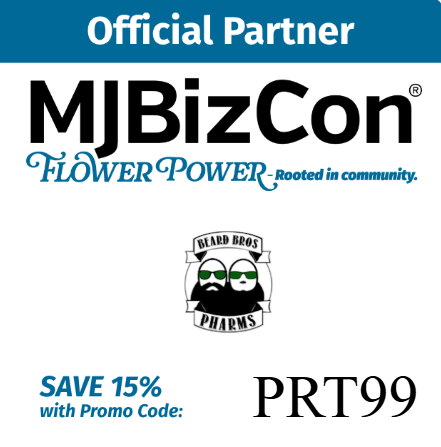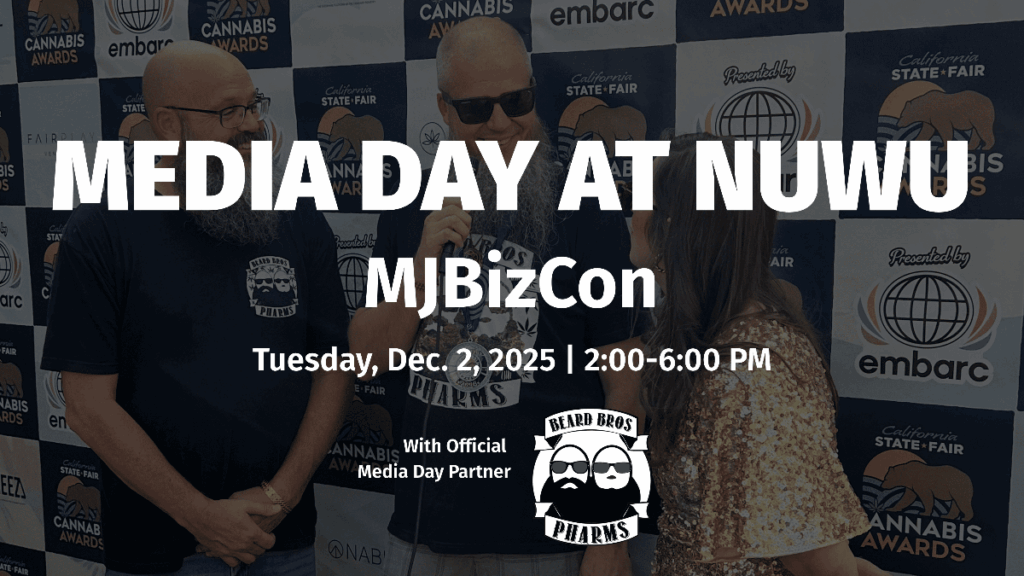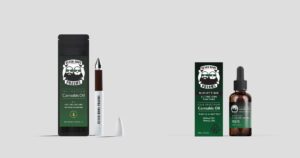The digital age and the golden era of social media have brought us closer together and facilitated connections that, at times, operate on the fringes of legality. The explosive growth of platforms like Facebook and Instagram, both owned by Meta Platforms, has not been without its share of controversies. One such controversy that has made its way to the headlines is the ongoing federal investigation into Meta’s potential complicity in illicit drug sales through its social media channels.

The Wall Street Journal Report
According to a recent report by The Wall Street Journal, federal prosecutors are examining whether or not Meta Platforms is playing a sinister role in the underbelly of the internet. The investigation focuses on whether drug trafficking is being facilitated and profited from through Facebook and Instagram.
This deep-dive has taken the form of subpoenas and questioning as part of a criminal grand jury probe, with the aim of determining if the platforms are consistently used in the illegal distribution and sale of drugs.
In their quest for answers, the authorities have issued subpoenas requesting records related to drug-related content on Meta’s platforms and any involvement in the illicit drug trade through its services. The focus is specifically on ‘violative drug content’, a term that suggests a broad net being cast to capture any manner of infringing posts relating to drugs. Efforts to uncover any financial benefit Meta might be reaping from such transactions are also part of the probe.
United States prosecutors in Virginia have noted a surge in telehealth companies during the pandemic, utilizing Facebook and Instagram to advertise prescription drugs, notably contributing to the misuse of controlled substances such as Adderall.
The Wall Street Journal’s findings suggested these online platforms had been inundated with ads for prescription drugs, linking the prevalence of these digital marketing strategies to the exponential growth of substance abuse during the health crisis.
While Meta faces scrutiny for its potential role in the illegal drug market, a noteworthy contrast emerges in its handling of content related to cannabis. Despite the legalization of marijuana for medical and recreational use in many states, Meta’s policies heavily restrict cannabis-related content.
Advertisements for legal cannabis dispensaries or products are often either strictly limited or outright blocked on Facebook and Instagram. This stance highlights a paradox within Meta’s content moderation practices.
Meta’s Response To Investigation
In response to these investigations, Meta has maintained a public stance claiming proactive cooperation with law enforcement to root out illegal drug activities on its platforms. The company issued a statement affirming their policy against illicit drug sales and their commitment to working with relevant authorities.
Nick Clegg, Meta’s president of global affairs, announced the company’s involvement in a collaborative effort with the State Department and other stakeholders to combat the online sale of synthetic drugs and educate users about the potential risks involved.
The opioid epidemic is a major public health issue that requires action from all parts of US society. That’s why @Meta has joined the Alliance to Prevent Drug Harms alongside the @StateDept @UNODC & @Snapchat to help disrupt the sale of synthetic drugs online + educate users…
— Nick Clegg (@nickclegg) March 15, 2024
The company also disclosed its use of external entities to vet advertisers and pharmaceutical-related content. LegitScript, a third-party company, has been engaged in determining which entities can promote prescription medication on Meta’s platforms. Research collaboration with institutions like the University of Alabama at Birmingham has also taken place to identify and flag questionable drug-related content.
Legislative Challenges
The legal terrain that governs responsibility and liability for online platforms like Meta is a complex one. Section 230 of the Communications Decency Act provides these technology companies with a level of immunity, stating that online platforms are not liable for the content posted by third parties, with some exceptions. The ongoing investigations highlight the intricacies and potential legislative hurdles faced by those looking to hold such platforms accountable for the content they host.
This is not the first instance where the application of federal drug laws to online platforms has been an area of contention. The case of Google in 2011, where the search engine was implicated in allowing online Canadian pharmacies to target ads to U.S. consumers, serves as a precedent of sorts. It resulted in a significant settlement, suggesting that the Department of Justice has been exploring and, to some extent, able to expand the reach of laws governing these issues.
The investigation into Meta Platforms reveals a pivotal juncture in the regulation and oversight of how substances, especially those with known addictive and dangerous properties, are advertised over social media. It underscores a broader societal and regulatory conundrum—the balancing act between freedom of expression and the imperative to protect public health.
While platforms like Facebook and Instagram have become battlegrounds for the advertising of various substances, including prescription drugs, it is striking how cannabis—despite its growing acceptance and recognized medicinal value by government agencies—continues to face stringent censorship.
This dichotomy not only highlights inconsistencies in the enforcement of advertising policies but also suggests a potential reevaluation of how digital platforms manage and regulate content related to all types of substances.
As the investigation progresses, it may compel Meta and similar platforms to rethink their advertising policies, striking a more consistent and science-backed approach. This could, in turn, catalyze a broader industry-wide shift, setting new precedents for how substances are advertised in the digital age, ensuring they align more closely with evolving legal standards and public health priorities.


















